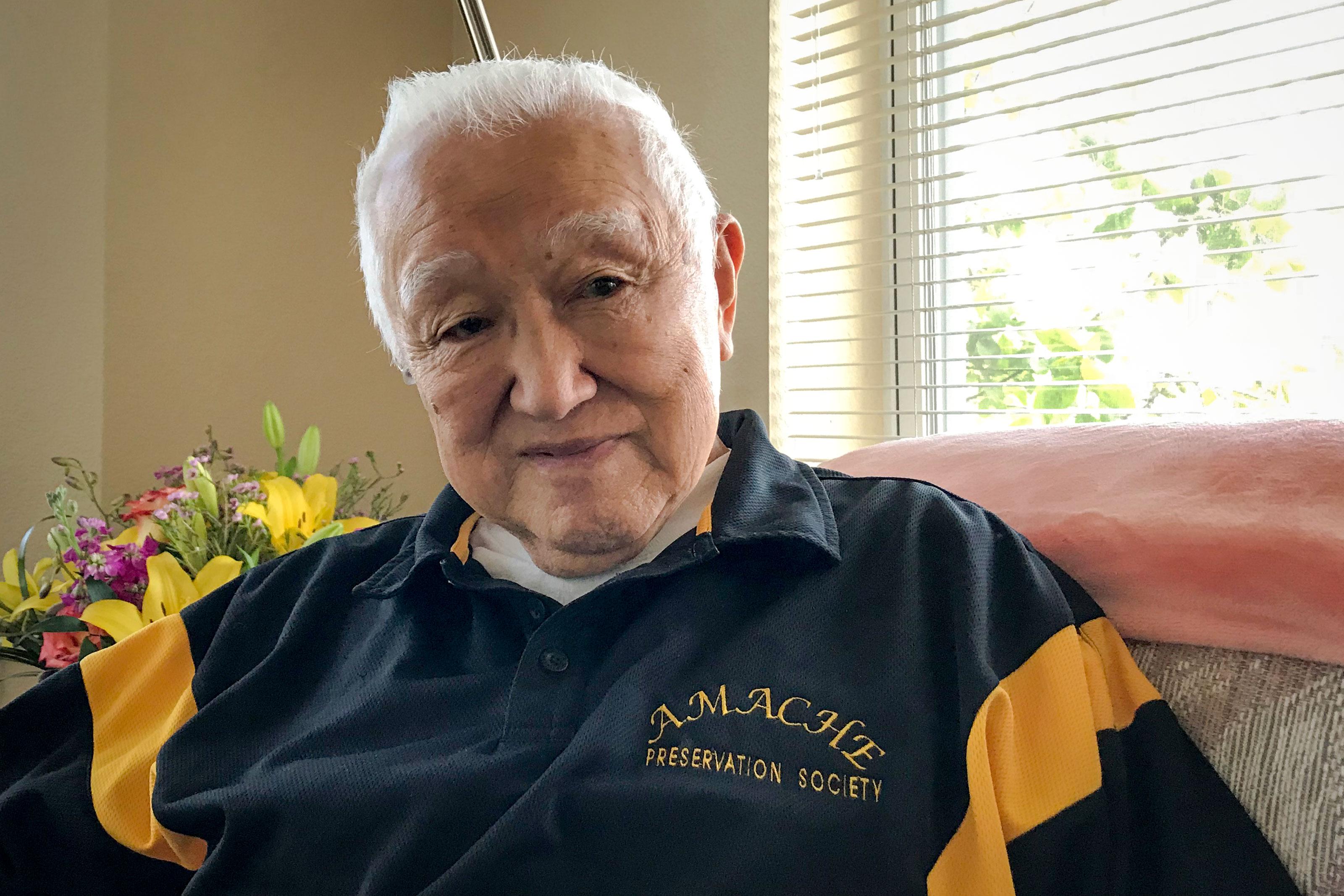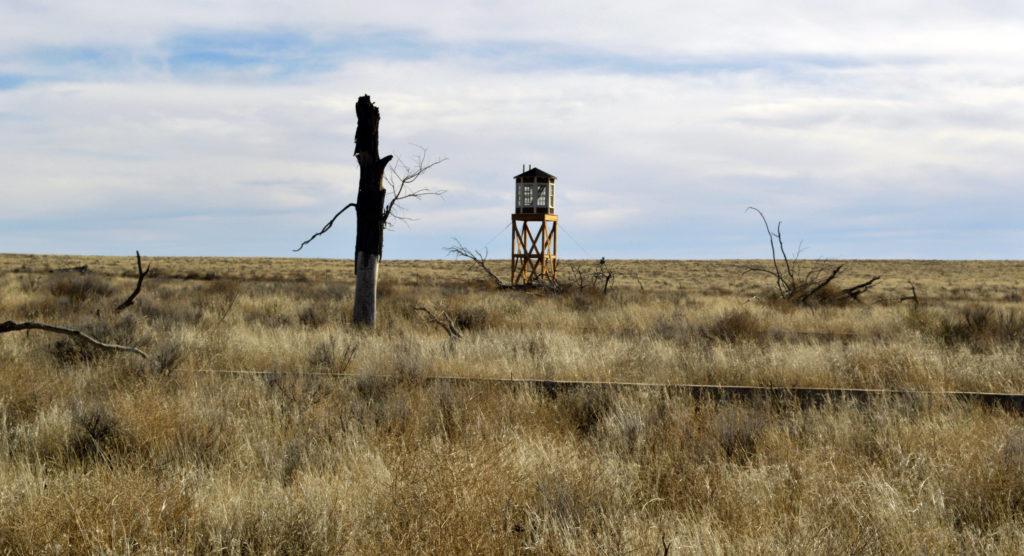
Robert “Bob” Fuchigami has been waiting a very long time for Camp Amache to be designated a National Historic Site. With a bit of bit of luck— and a lot of bipartisan comity — he may not have to wait that much longer.
Amache was one of 10 internment camps for ethnic Japanese during the war. Manzanar in California and Minidoka in Idaho are the two that have so far received National Historic Site status.
On Wednesday, the 90-year-old veteran, former educator and Coloradan testified remotely in front of the House National Parks, Forests and Public Lands subcommittee, chaired by his congressman, Rep. Joe Neguse. The Lafayette Democrat scheduled the hearing shortly after he introduced a bipartisan bill with Rep. Ken Buck last week that would move Amache into the National Park Service system, providing the site with much needed resources.
Currently, volunteers maintain Amache, including the camp’s cemetery. The Amache Historical Society has renovated a few of the structures, including a guard tower and barracks. But only foundations, overgrown with weeds in this vast dry landscape, hint at the size and scope of the camp that housed more than 7,000 people of Japanese descent during World War II, making it the tenth biggest “city” in Colorado at the time.

Neguse praised the efforts they’ve put in over the years. “Their work has been so important. And this bill simply would not be possible without their investment in protecting the site.”
But Fuchigami told congress members that “they cannot do it alone.”
“They need the National Park Service’s help to ensure this place is protected, preserved, and interpreted for future generations,” he said.
Fuchigami was 11 years old in 1942 when he and his family were told by the government to leave their 20-acre fruit and vegetable farm in northern California. They were eventually sent to the Granada Relocation Center, more commonly known as Amache, in southeastern Colorado.
As he told the committee members, it was a traumatic experience.
“No charges were leveled against us. No trial. No hearings. We were loyal, patriotic, law abiding citizens who had never done anything wrong. Why were we treated this way?” he asked rhetorically.
Fuchigami’s family incarcerated behind barbed wire for three years.
Neguse introduced Fuchigami to the committee, telling them he’s long been an advocate for preserving and protecting Amache, “a mission that he dedicates...to his parents’ [generation].”
Two-thirds of people incarcerated at Amache were American citizens, and most had never been to Japan. “The unjustifiable internment of Japanese Americans is no doubt one of the darkest scars in our country’s history,” Neguse said.
He added the designation is a way to educate future generations, especially in light of the recent surge in anti-Asian hate crimes.
Fuchigami also touched on this in his testimony, saying the Amache story is not over.
“Asians in America, including some of the most vulnerable, are still discriminated against, treated as invisible, and suffer from hate crimes to this day. Designating Amache a National Park site would shine a light on our forgotten history and help tell a more complete story of America.”
The bill is gaining movement in Congress. Colorado Sens. Michael Bennet and John Hickenlooper have introduced a companion measure in the Senate. Bennet said Amache played a prominent role during a dark and shameful part of American history.
“Adding Amache to the National Park System will preserve its story, so future generations learn from our mistakes. The new designation will serve as an inspiration to continue to pursue justice for all who call our state and country home,” he said in a statement.









